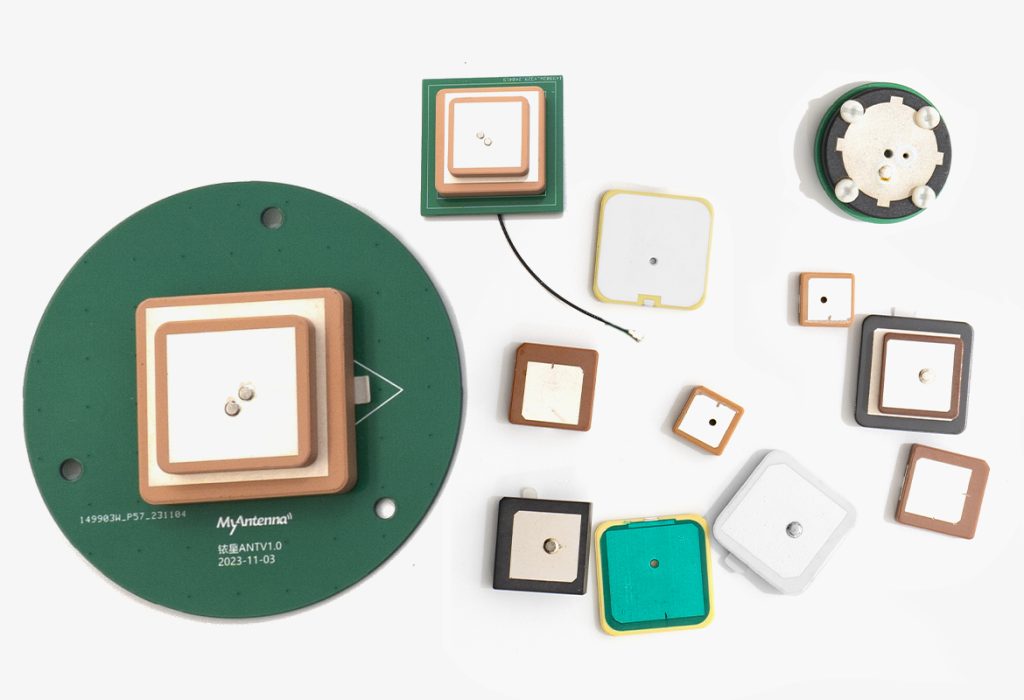The Basics of SMD Antennas: Understanding Their Structure and Functionality
Body
In the realm of wireless communication, smd antennas play a pivotal role. These compact antennas are designed for surface mounting, making them ideal for various electronic devices. But what exactly are SMD antennas, and how do they function? This article delves into their structure, functionality, and applications, providing a comprehensive understanding for enthusiasts and professionals alike.

What Are SMD Antennas?
SMD antennas, or Surface-Mount Device antennas, are miniature antennas that can be directly mounted onto the surface of a printed circuit board (PCB). Their compact size allows for integration into devices where space is at a premium, such as smartphones, tablets, and IoT devices. The design of these antennas often incorporates advanced materials and techniques to ensure optimal performance.
Structure of SMD Antennas
The structure of smd antennas typically consists of several key components:
- Radiating Element: This is the part of the antenna that emits and receives electromagnetic waves. It can be designed in various shapes, such as dipoles or monopoles.
- Ground Plane: A ground plane is essential for the antenna's performance, providing a reference point for the radiating element.
- Matching Network: This component ensures that the impedance of the antenna matches that of the transmitter or receiver, maximizing power transfer.
Understanding these components is crucial for anyone looking to design or utilize smd antennas effectively. The interaction between these elements determines the antenna's efficiency and performance in real-world applications.
Functionality of SMD Antennas
How do smd antennas function in practical scenarios? The primary role of these antennas is to facilitate wireless communication by converting electrical signals into electromagnetic waves and vice versa. When an electrical signal is applied to the radiating element, it generates an electromagnetic field that propagates through space. Conversely, when electromagnetic waves are received, they induce a current in the radiating element, which can then be processed by the device.
Moreover, the performance of smd antennas can be influenced by various factors, including:
- Frequency of operation
- Environmental conditions
- Placement on the PCB
Applications of SMD Antennas
The versatility of smd antennas allows them to be used in a wide range of applications. Common uses include:
- Mobile Devices: Smartphones and tablets utilize SMD antennas for cellular, Wi-Fi, and Bluetooth communications.
- IoT Devices: Many Internet of Things devices rely on these antennas for connectivity.
- Wearable Technology: Fitness trackers and smartwatches often incorporate SMD antennas for data transmission.
As technology continues to evolve, the demand for efficient and compact antennas like smd antennas will only increase.
For more information on advanced antenna solutions, consider visiting  . Their expertise in antenna technology can provide valuable insights for your projects.
. Their expertise in antenna technology can provide valuable insights for your projects.










Comments